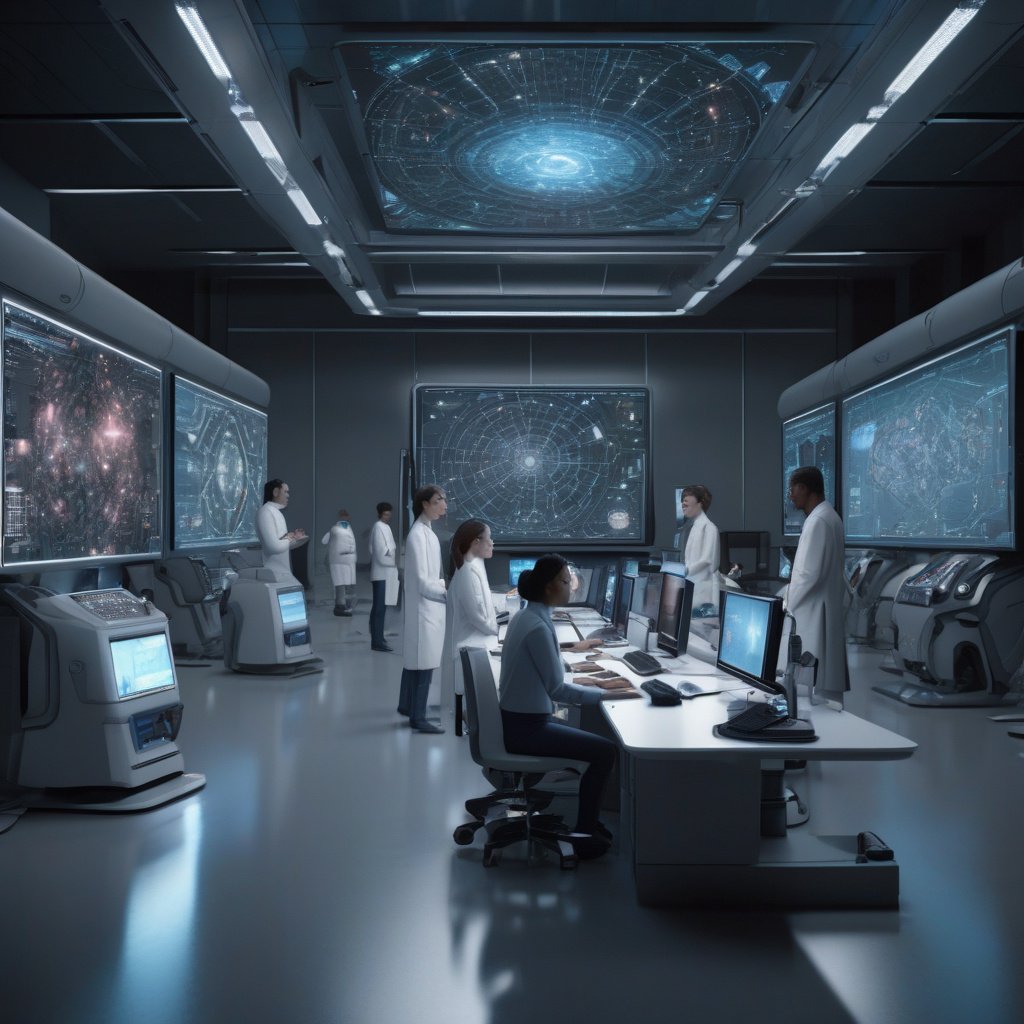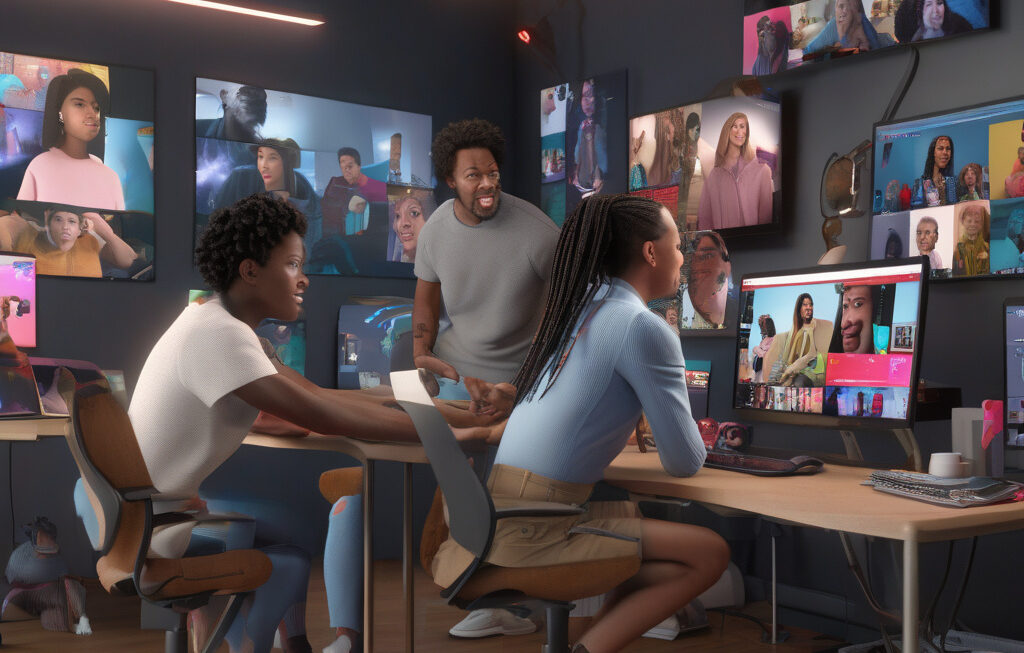GPT-5 is on the way: Here’s what to expect from OpenAI’s next big AI model
OpenAI, a San Francisco-based tech company, changed the world when it first launched an early version of its Generative Pre-trained Transformer (GPT) model. The GPT-3, the latest iteration, has already made significant strides in natural language processing and AI capabilities, but now, the tech community is abuzz with excitement as OpenAI has announced that GPT-5 is in the works. So, what can we expect from this next big leap in AI technology?
One of the most anticipated improvements in GPT-5 is its ability to engage in even more sophisticated and context-aware conversations. Imagine a virtual assistant that not only understands your requests but also anticipates your needs based on the context of the conversation. This could revolutionize customer service chatbots, making them more intuitive and human-like than ever before.
Furthermore, GPT-5 is expected to excel in creative tasks such as writing poetry, composing music, and even generating artwork. With each iteration, OpenAI has pushed the boundaries of what AI can achieve in the realm of creativity, and GPT-5 promises to deliver even more impressive results. Artists, writers, and musicians may find themselves collaborating with AI to enhance their creative processes.
In addition to its advancements in conversation and creativity, GPT-5 is likely to be more adept at understanding and generating code. This could have profound implications for software development, as AI-powered tools become increasingly capable of assisting programmers in writing complex code, debugging software, and even predicting software bugs before they occur.
Moreover, OpenAI has hinted at improvements in GPT-5’s ability to reason and perform logical tasks. This could lead to significant advancements in fields such as mathematics, science, and even philosophy, as AI models become better equipped to analyze complex problems and provide insightful solutions.
However, with these exciting advancements also come concerns about the ethical implications of increasingly advanced AI models. Issues such as data privacy, algorithmic bias, and the potential misuse of AI technology must be carefully considered as we move towards a future where AI plays an ever more prominent role in our lives.
As we eagerly await the arrival of GPT-5, one thing is clear – the pace of innovation in AI technology shows no signs of slowing down. OpenAI continues to push the boundaries of what is possible with artificial intelligence, and each new model brings us closer to a future where AI is not just a tool but a true collaborator in our quest for knowledge and innovation.
#OpenAI, #GPT5, #AItechnology, #Innovation, #ArtificialIntelligence












